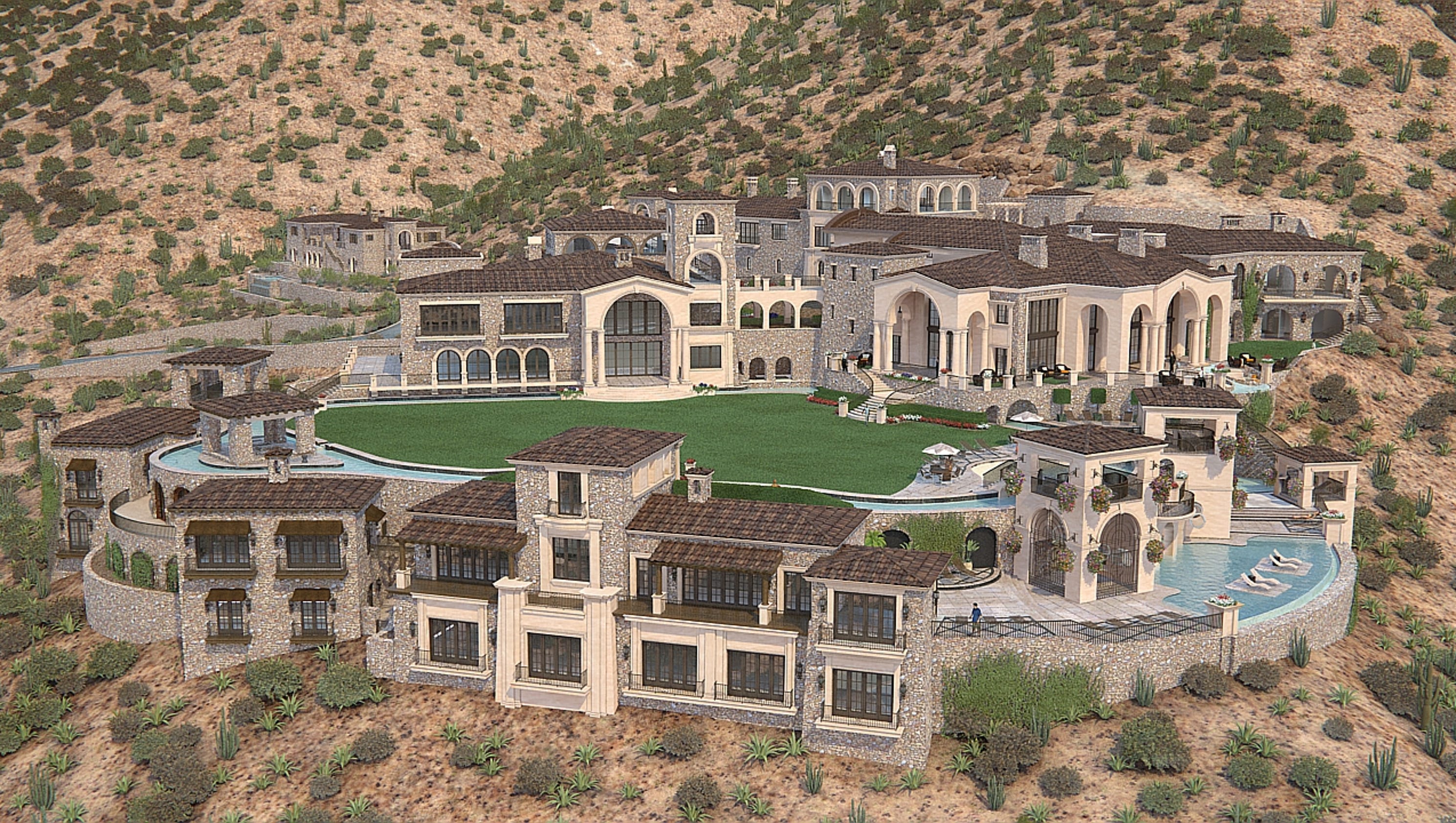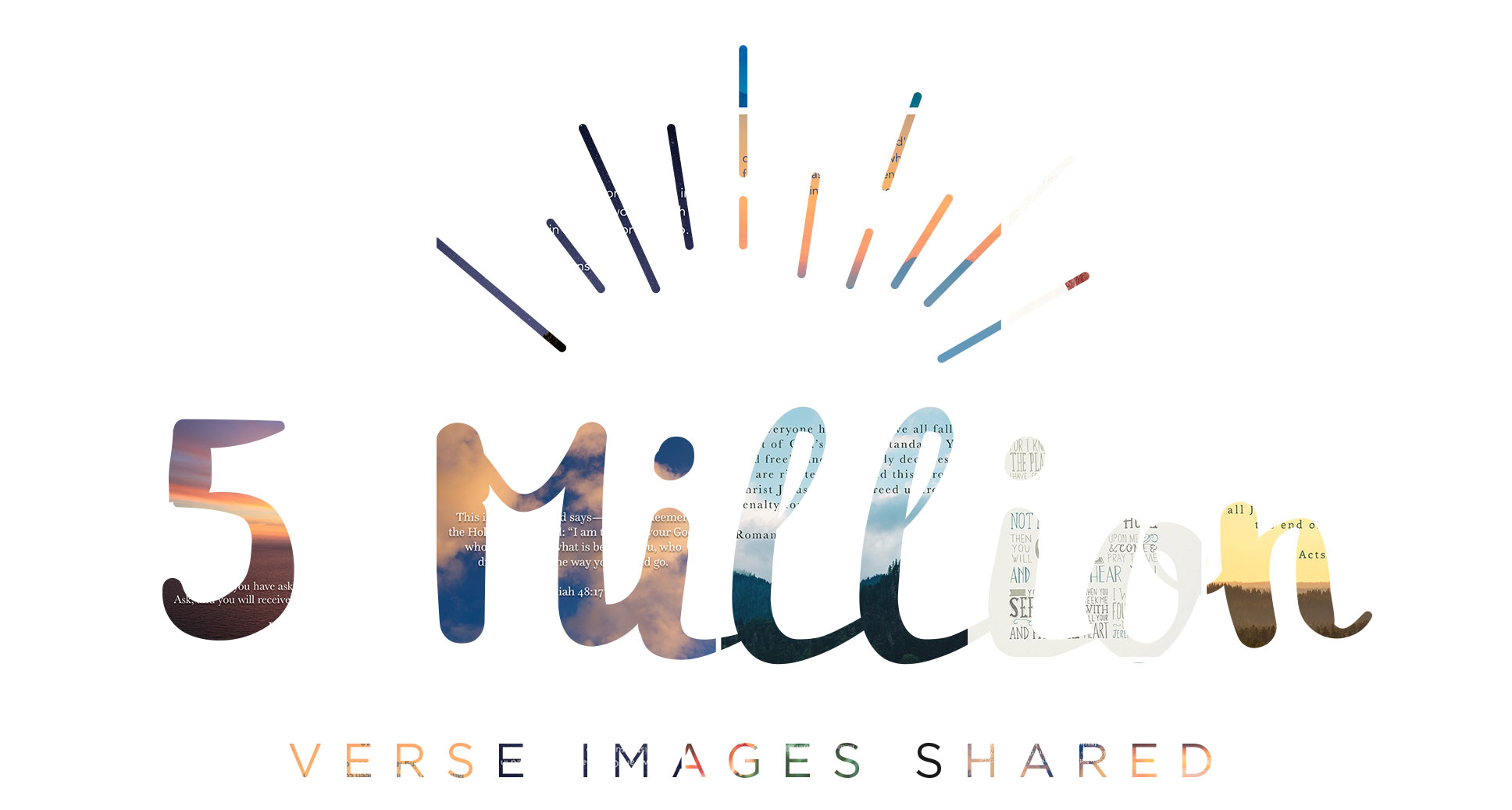Current News on Heckling: A Comprehensive Overview
Heckling, a form of vocal disruption often seen in political speeches, sports events, and public gatherings, has been a hot topic in recent news. With over 5 million estimated matches for the term "heckle," various incidents have captured public attention, showcasing the dynamics of heckling in different contexts. Below is a detailed summary of the most notable recent events and discussions surrounding heckling.
Political Heckling
Mitch McConnell's Speech Disrupted
On August 7, 2023, during a speech at an annual event, Senate Minority Leader Mitch McConnell faced heckling from attendees who called for him to "retire." This incident occurred amid growing concerns about McConnell's health, particularly after he appeared to freeze for 19 seconds during a previous news conference. The heckling highlighted the increasing scrutiny on political figures and their ability to engage with constituents effectively. Read more here.
Biden's Climate Activist Heckler
In a separate incident, President Joe Biden was heckled by a climate activist during a speech in Arizona on September 28, 2023. The activist urged Biden to declare a climate emergency, demonstrating how heckling can serve as a tool for advocacy and protest. This incident reflects the ongoing tensions between political leaders and activists pushing for urgent action on climate change. More details can be found here.
Speaker Greg Fergus Heckled
On October 18, 2023, House of Commons Speaker Greg Fergus was heckled while delivering a speech on the negative impacts of heckling itself. This ironic twist underscores the challenges faced by public figures when addressing contentious issues, as they often become targets of the very behavior they seek to condemn. Learn more about this incident.
Jagmeet Singh Confronts Hecklers
In a more confrontational scenario, Canadian politician Jagmeet Singh confronted hecklers as he left Parliament Hill on September 18, 2024. A video of the incident went viral, showcasing Singh's direct engagement with his critics, which is a notable approach in the realm of political discourse. Watch the confrontation here.

Sports and Heckling
Giants Fans Heckle Daniel Jones
In the sports arena, New York Giants fans expressed their frustration by heckling quarterback Daniel Jones following a disappointing performance against the Minnesota Vikings on September 9, 2024. The fans gathered at MetLife Stadium to voice their displeasure, illustrating how heckling can manifest in sports culture as a form of fan engagement. Read more about the fans' reactions.
Ravens Fans Target Marlon Humphrey
Similarly, Ravens fans heckled player Marlon Humphrey after he made comments about Patrick Mahomes following a shocking defeat against the Las Vegas Raiders. This incident highlights the volatile nature of fan interactions in sports, where players are often held accountable for their statements and performances. Find out more here.
Cultural Perspectives on Heckling
The Tradition of Heckling
Heckling is not a new phenomenon; it has deep roots in American culture. An article from The Tennessean discusses how heckling has been a part of American history, from the Revolution to modern-day political events. The piece argues that while heckling can be seen as a form of free speech, it also raises questions about civility and respect in public discourse. Explore the cultural implications of heckling.
Duke University Encourages Responsible Heckling
In a more light-hearted approach, Duke University has encouraged its basketball fans to "heckle responsibly." This initiative aims to promote a positive atmosphere during games while still allowing fans to express their passion for the sport. The university's focus on responsible heckling reflects a growing awareness of the impact of fan behavior on the overall experience of sporting events. Read more about this initiative.

Heckling remains a multifaceted issue that spans various domains, from politics to sports and cultural discussions. As public figures continue to face vocal disruptions, the implications of heckling on discourse, accountability, and fan engagement are becoming increasingly significant. The recent incidents highlight the evolving nature of heckling and its role in shaping public conversations. Whether viewed as a form of protest, a fan's expression of frustration, or a cultural tradition, heckling is likely to remain a prominent feature of public life.
For those interested in further exploring the topic, a wealth of articles and reports are available, providing insights into the various dimensions of heckling in contemporary society.





